4-foot snake vomits up 2 smaller snakes — and 1 was still alive

Wildlife officials in Georgia stumbled across a pair of snakes that had been “expelled” by a larger serpent, only to discover that one of the regurgitated victims was still alive.
Science and Technolgy blog

Wildlife officials in Georgia stumbled across a pair of snakes that had been “expelled” by a larger serpent, only to discover that one of the regurgitated victims was still alive.
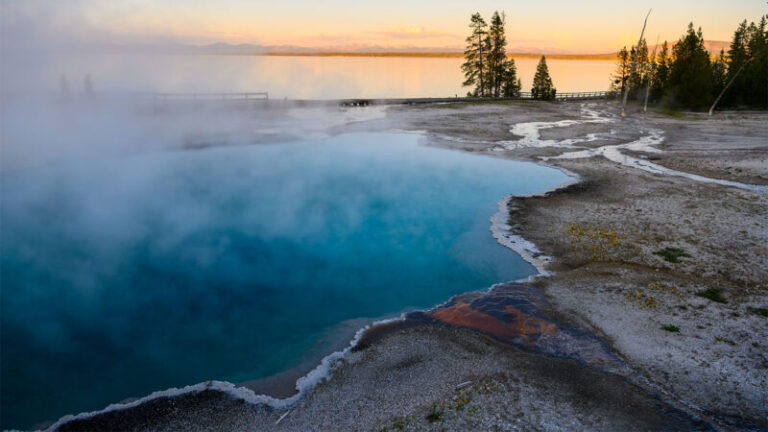
Yellowstone National Park is known for its bubbling hot springs and steaming geysers. These hydrothermal wonders are powered by a massive cauldron of partly melted rock deep underground. It holds enough seething magma to build several Mount Everests. Yellowstone’s volcano…

Scientists in the U.S. have created a battery for electric cars that could be safer and offer better performance than the ones we have now thanks to a unique design.

The gigantic asteroid 2024 ON, about the size of a blue whale, will fly close to Earth next Tuesday, missing our planet by 2.6 times the distance between Earth and the moon.

Observations from the Event Horizon Telescope may reveal a secret merger in our supermassive black hole’s past, potentially explaining the cosmic monster’s unusual spin.
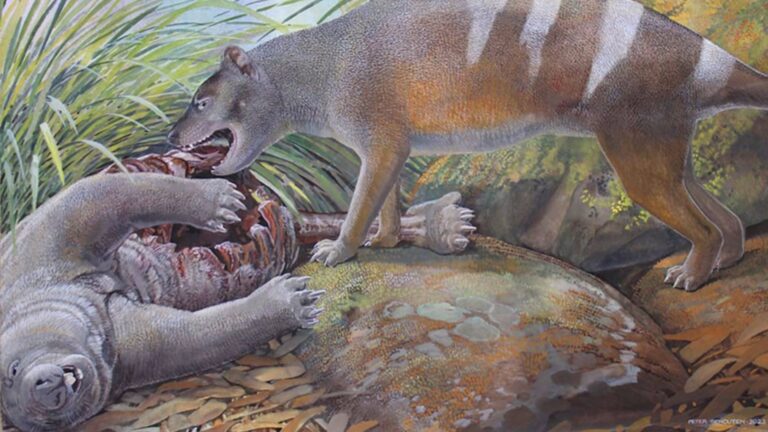
Three newfound thylacine relatives recently unearthed in Australia suggest that marsupial predators were more widespread in ancient Australia than previously thought.

Wild gorillas eat the same tree bark used by traditional healers, which can inhibit the growth of E. coli in petri dishes, according to a new study.
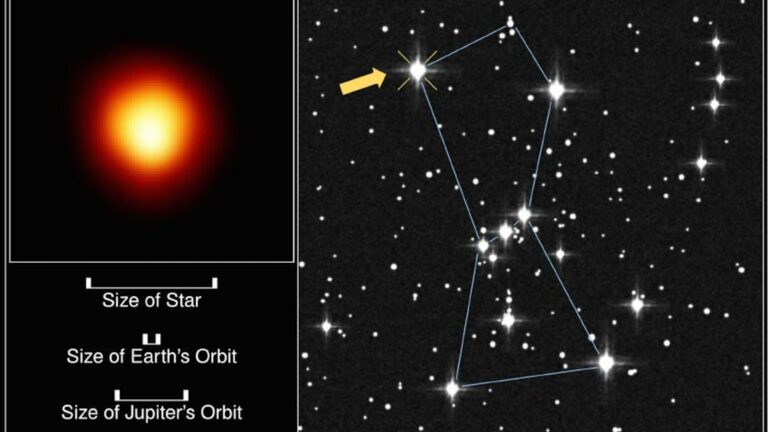
Betelgeuse, one of the brightest stars in the sky, may have a secret sunlike companion that drives the star’s mysterious six-year-long “heartbeat,” new research suggests.
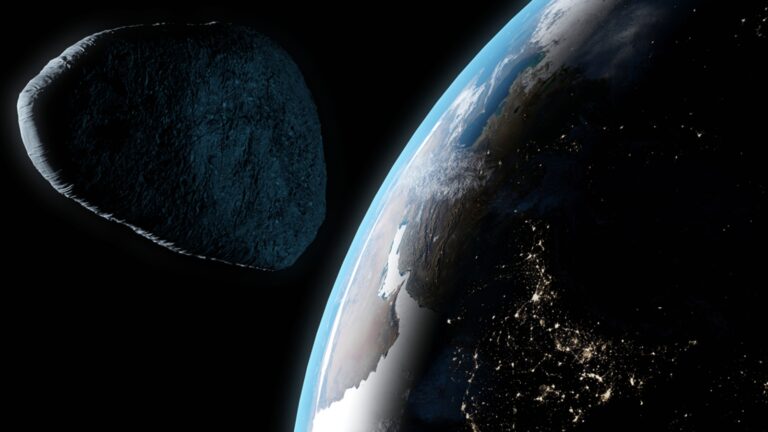
New simulations reveal that there is an extremely small chance that the “city-killer” asteroid Apophis could be nudged onto a collision course with Earth by another asteroid before it flies past our planet in 2029.
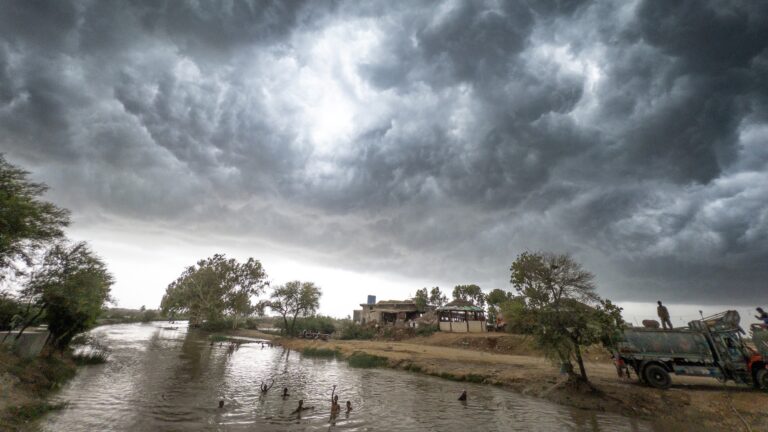
If Atlantic Ocean currents collapse due to melting ice sheets, researchers predict there will be huge shifts in tropical monsoon systems — and the effects could be irreversible for at least 100 years.